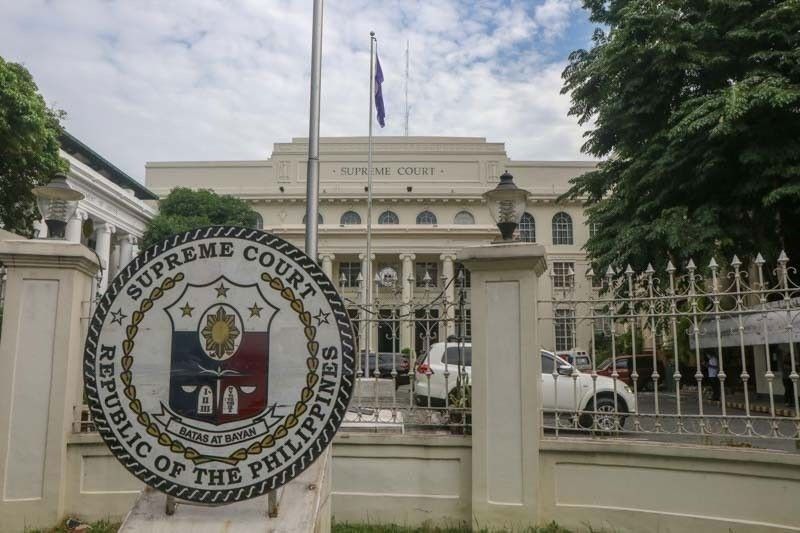Libelous posts punishable under cybercrime law only – SC

MANILA, Philippines — The Supreme Court (SC) has ruled that “allegedly libelous” remarks posted online are punishable only under the cybercrime law, and not under regular libel.
The ruling, which was promulgated on April 26, stemmed from a petition of a certain Jannece Peñalosa to review her libel conviction and dismiss the libel charge filed against her by a certain Jose Ocampo Jr.
The petition argued that Peñalosa should not be punished with libel for her remarks posted through the online networking site Facebook.
In its decision, the SC pointed out that the Facebook post referred to was made in 2011, a year before the Cybercrime Prevention Act was passed and there was still no libel punishable under Article 355 of the Revised Penal Code (RPC).
“An allegedly libelous Facebook post made may only be punished under the Cybercrime Prevention Act, not under Article 355 of the Revised Penal Code,” it read.
The high court also pointed to the Latin term nullum crimen, nulla poena sine lege, which means “there is no crime when there is no law punishing it.”
In August 2011, Peñalosa was charged with libel when she “willfully, unlawfully and feloniously with malice, composed, prepared and posted for circulation and dissemination” some remarks against Ocampo on her Facebook account.
The case was assigned to the Mandaluyong City Regional Trial Court (RTC) Branch 212.
She filed a motion for reconsideration before the Office of the City Prosecutor, arguing that there was no probable cause to charge her with libel.
Her motion was denied, which prompted her to submit a petition for review before the Department of Justice (DOJ).
The court then found probable cause against her in 2014 and issued a warrant of arrest against Peñalosa.
In September of the same year, the DOJ granted Peñalosa’s petition for review and ordered the prosecutors to withdraw the case, saying there was still no law penalizing “internet libel” when she made the Facebook post.
The prosecutors withdrew the case and it was dismissed by the Mandaluyong RTC in 2015.
Ocampo then brought the case to the Court of Appeals, which eventually favored him, setting aside the RTC’s ruling.
The CA said Peñalosa’s act of “maligning” Ocampo through a Facebook post was punishable under Article 255 of the RPC.
When the case was brought to the SC, the Court ruled that the RTC did not commit grave abuse of discretion when it dismissed the case against Peñalosa, pointing out that criminal laws are to be “construed” strictly against the state, and liberally in favor of the accused.
The SC explained that in the libel article under the RPC, the phrase “similar means” does not include “online defamation.”
It added that the associated words are “writing,” “printing,” “lithography,” “engraving,” “radio,” “phonograph,” “painting,” “theatrical exhibition” and “cinematographic exhibition,” and clearly excluded “computer systems or other similar means which may be derived in the future.”
- Latest
- Trending

































